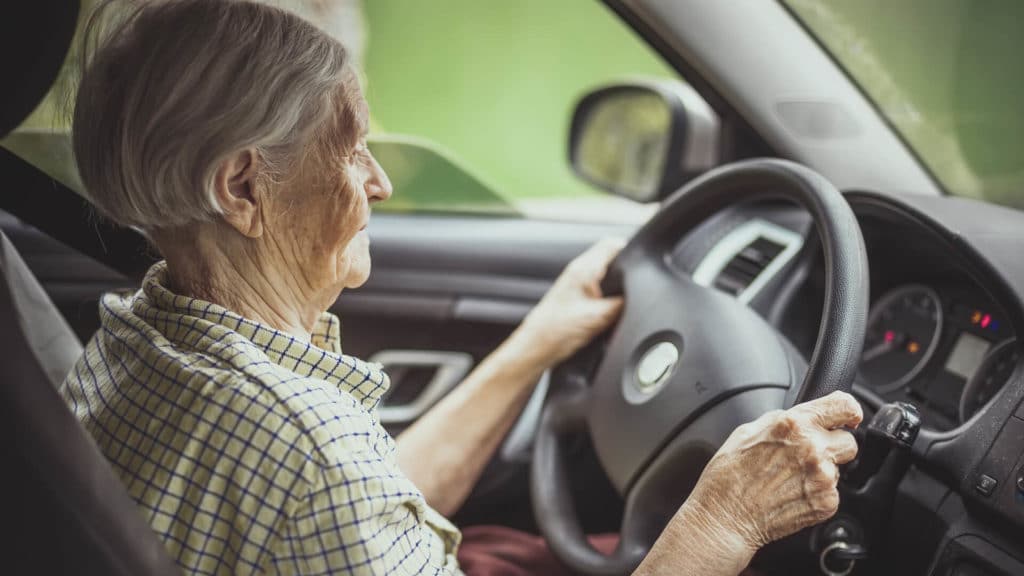Driving plays an important role in maintaining independence. Most of us enjoy the freedom that comes from knowing we can hop in to our car and head out to do some shopping or meet friends for lunch. As we grow older, however, we all experience age-related changes that can make driving a little more difficult.
Many seniors say they find driving at night to be especially challenging since the glare of lights is harder on older eyes. Other adults have experienced vision or hearing loss, causing them to feel a little less safe behind the wheel. And almost all seniors find their reaction time to be slower than it once was.
Keeping an Older Driver Safe Behind the Wheel
If you determine that your older loved one is fit for driving, there are steps you can take to help them stay that way:
- Mature driver exercises: MIT AgeLab created an exercise program to help older drivers stay fit. From heel drops to shoulder stretches, you can download their guide at no cost to share with a senior driver in your life.
- Visit the eye doctor regularly: Good vision is critical to safe driving. In fact, the AAA Foundation says as much as 85% of driving decisions involve the eyes. Seniors should see an eye doctor once a year for a checkup.
- Keep it clean: Also make sure the windshield, mirrors, and headlights of an older driver’s car are kept clean. Even a slight layer of dirt can make it more difficult for older eyes. It might also help to dial up the brightness on the car’s instrument panel.
- Pick a senior-friendly vehicle: Older adults who don’t drive many miles might keep the same car for a decade or more. While it can be cost-effective, they might be missing out on some of the latest technology that makes driving easier and safer, such as adjustable seatbelts, air bags, a back-up camera, and power seats. Take an objective look at your loved one’s vehicle and see if it is time to trade it in for a more senior-friendly car.
- Review medications for driving safety: Our last tip is to discuss with the pharmacist the side effects of each of the prescription and over-the-counter medicines your senior loved one is taking. Some may cause drowsiness or dizziness that might make driving more risky.
If you’ve noticed a change in how you or an older loved one feels about driving, start the new year off on a safer note by discussing alternative options for transportation. Your local agency on aging might have a list of safe, affordable senior transportation services.
Vitality’s Caregiver Checklist
At Vitality, we understand the role of family caregiver can leave you with many questions. It’s why we created The Caregiver’s Checklist: Supporting an Aging Parent. In it, you will find tips on everything from recognizing the warning signs of dementia to identifying potential fall hazards.




